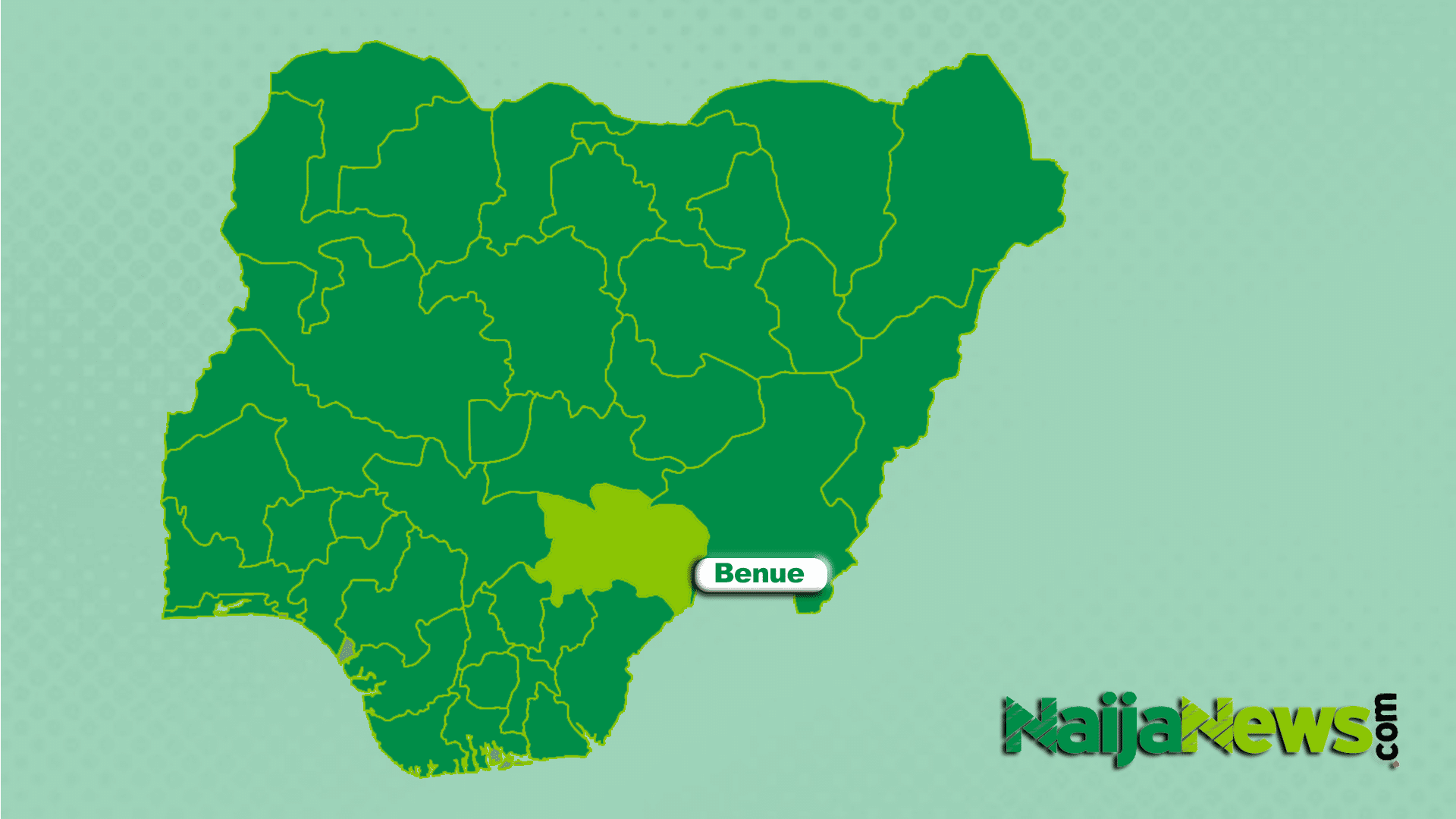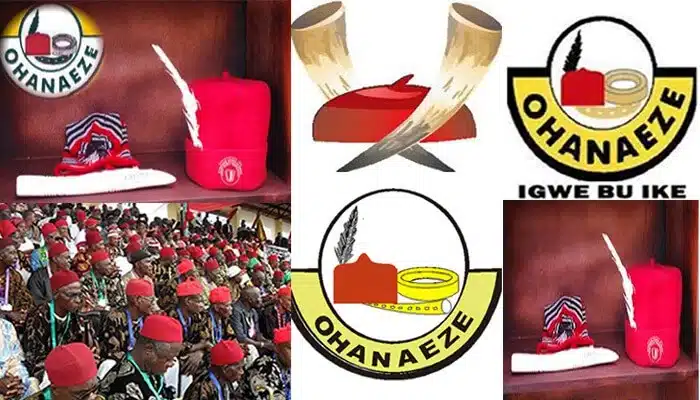The Central Bank of Nigeria (CBN) Tuesday directed banks and International Money Transfer Operators (IMTOS) to pay all diaspora remittances in naira and match with the corresponding foreign currency inflows going forward.
CBN’s Acting Director, W. J. Kanya, made the announcement in a circular on Tuesday, saying that the development is part of CBN’s commitment to the smooth functioning of the foreign exchange market and to enable greater remittance flows through formal channels.
CBN noted that these measures are aimed at widening access to local currency liquidity for the timely settlement of diaspora remittances.
It added that henceforth, eligible IMTO operators will be able to access the CBN window directly or through their authorised Dealer Banks (ADBs) to execute transactions for the sale of foreign exchange in the market.
To guide this process, the CBN in the circular issued some guidelines for compliance. These include, “the option of same day settlement will be available for transactions executed and confirmed before 12 noon on a trading date.
“The pricing for transactions executed with the CBN will be based on prevailing NAFEM rates, as referenced by an observable and acceptable market benchmark.
“The operation of this market segment follows the existing arrangement in place for authorised dealers with Foreign Portfolio Investment participating in the primary market securities auctions.
“Regulatory returns to be submitted to the CBN by all participants on a daily basis are mandatory and this is expected to contain all the relevant information on the sources of funds.
“All interested IMTOs are required to confirm their partner banks and advise on standard settlement instructions to facilitate the smooth implementation of this initiative.
“Participants in this segment are the IMTOS, Authorised Dealer Banks and CBN
CBN, however, urged All licenced IMTDs to be reminded that all diaspora remittances are expected to terminate in Neira and match with the corresponding foreign currency inflow.”

 4 months ago
8
4 months ago
8















 English (US) ·
English (US) ·